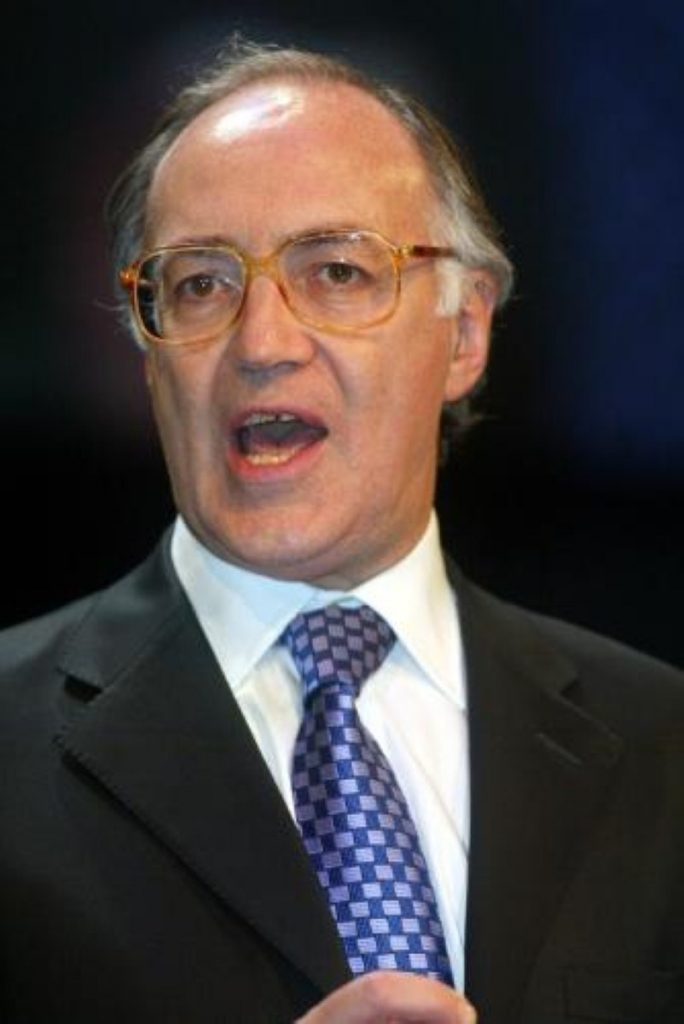Howard accuses Government of offering concessions on money laundering
Michael Howard has accused the Government of offering foreign casino operations concessions on money laundering legislation – and then seeking to cover this up.
The charge was immediately denied by the Prime Minister, who accused Mr Howard of making “utterly absurd” allegations.
In a passionate exchange in the House of Commons at Prime Minister’s Question Time, Mr Howard claimed to have access to an email from an official in the Department of Culture, Media and Sport to casino operators in Las Vegas, which apparently revealed discussions around relaxing the laws on money laundering.
Quoting the Secretary of State for Culture, Media and Sport Tessa Jowell’s denial that any such decisions have taken place, he accused the Government of offering concessions – then trying to cover this up.


Saying: “What we know is that the Government has been offering concessions on money laundering,”
Responding, Mr Blair accused Mr Howard of “pretty shoddy” behaviour in making “accusations of corruption” which he said were “utterly absurd allegations about interference with the public interest”.
In an emphatic denial of a deal, Mr Blair said that there had been “no concession on money laundering” and to suggest such was “completely ridiculous”. He added that money laundering regulations were a matter for the Treasury, not the DCMS.
Giving a defence of the rationale behind the Government’s Gambling Bill, Mr Blair again stressed the regulation aspects of the Bill, and accused the Tories of “lame opportunism” in deciding to oppose the Bill, which he claimed they had previously supported.
Mr Blair though said that after four years of consultations, it would have been natural for there to have been some discussions with casino operators.
Despite considerable opposition within the House to the Gambling Bill, it was passed by MPs on its second reading into the committee stage on Monday night.
The Bill, which the Government insists is primarily designed to improve regulation and protect children and other vulnerable groups, would also open the doors to so-called “super casinos”. These could offer slot machines with unlimited prices and be open 24 hours a day.

